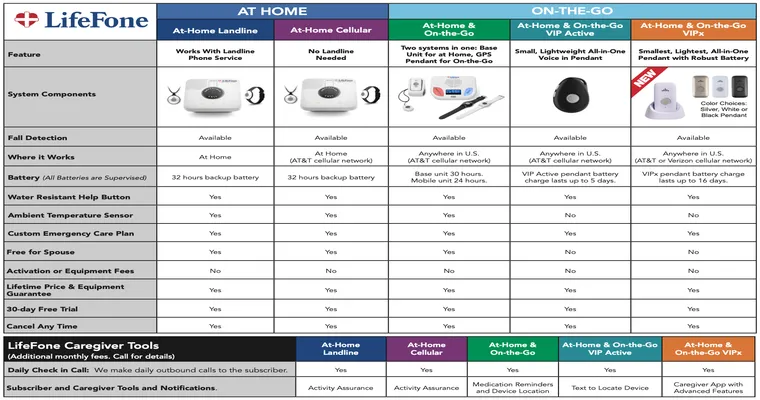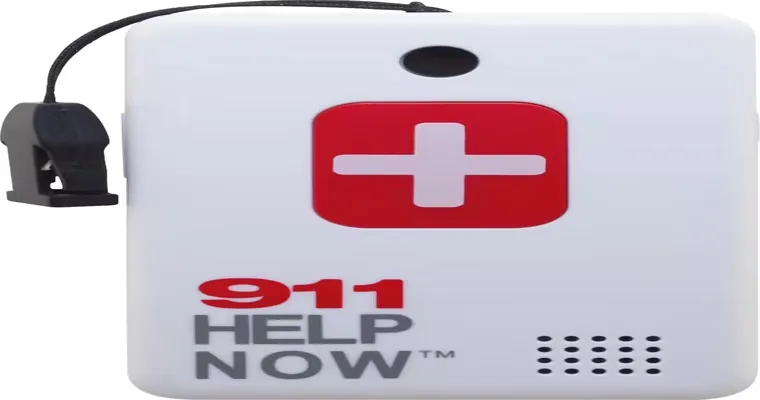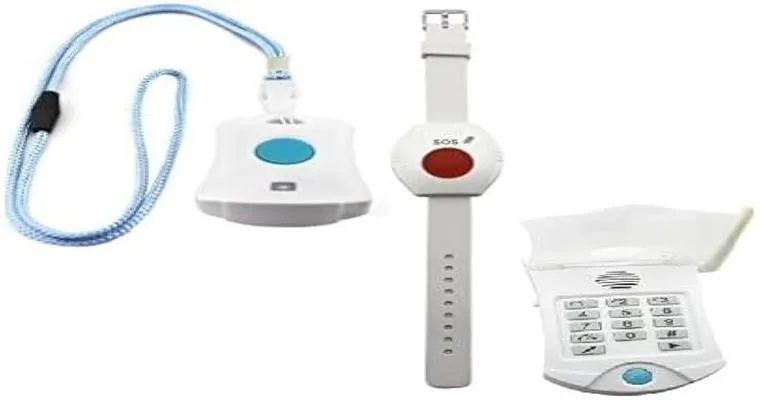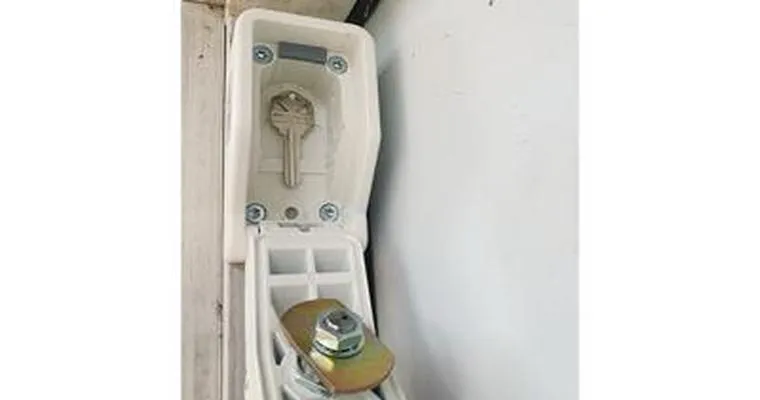When it comes to ensuring the safety and well-being of loved ones, especially seniors or individuals with health concerns, "choosing a medical alert system" is a critical decision. These systems provide peace of mind by offering quick access to help in emergencies. With various options available, understanding the features and benefits of different systems can guide you in making the best choice. This article will explore essential factors to consider when selecting a "medical alert device".
Understanding the Types of Medical Alert Systems
Before diving into the selection process, it's important to know the different types of "medical alert systems" available. Primarily, they can be categorized into two groups: "landline-based systems" and "cellular systems".
"Landline-based systems" require a traditional telephone line and are suitable for individuals who live in a home with a landline connection. They typically offer reliable service but may not function during power outages unless they have a backup battery.
"Cellular systems", on the other hand, use a mobile network connection, making them ideal for those who do not have a landline or who travel frequently. These systems often come with features like GPS tracking, allowing users to receive assistance from anywhere.
Key Features to Consider
When evaluating which "medical alert device" to choose, consider the following key features:
1. "Response Time": The speed at which help can be dispatched is crucial. Look for systems that guarantee a quick response time, ideally within seconds.
2. "Range": Some systems work only within the confines of the home, while others offer a wider range, thanks to cellular technology. Ensure the system you choose meets your needs, especially if the user spends time outside.
3. "Wearable Options": Many systems come with wearable options such as pendants or wristbands. Choose a style that the user will feel comfortable wearing consistently.
4. "Fall Detection": Some advanced medical alert systems include automatic fall detection, which can alert emergency services even if the user is unable to press the button.
5. "Two-Way Communication": This feature allows users to communicate directly with the monitoring center in case of an emergency, providing reassurance and clarity during critical moments.
Monthly Fees and Contracts
Another significant factor to consider is the "cost" associated with the medical alert system. Most providers charge a monthly fee, and some may require a contract. Be sure to compare pricing plans and understand what services are included. Look for systems that offer flexibility, allowing you to cancel or modify your plan without hefty penalties.
Customer Support and Reliability
Choosing a "medical alert system" with excellent customer support can make a significant difference. Look for companies that offer 24/7 support and have a good reputation for reliability. Reading customer reviews and testimonials can provide insight into the experiences of other users.
Conclusion
Selecting the right "medical alert system" involves careful consideration of various factors, including type, features, cost, and support. By understanding your specific needs and evaluating the options available, you can make an informed decision that enhances safety and provides peace of mind. Remember, the goal is to ensure that your loved ones can live independently while having the reassurance that help is just a button press away.





